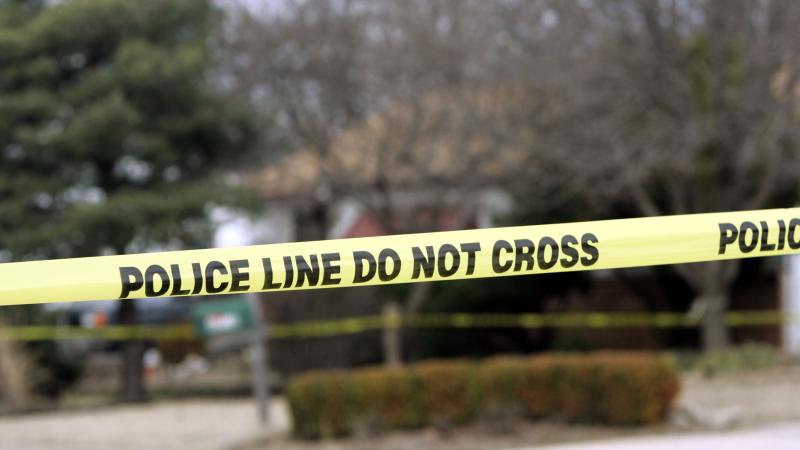Redmond police are first in Washington state to get FAA approval for solo use of drones
The approval is result of over a year of testing and research with the Redmond Police Department and Drones as First Responders providers.
The Redmond Police Department is now the first agency in Washington state to receive Federal Aviation Administration approval to operate drones without a visual observer as it is set to utilize the unmanned aerial vehicle for policing full time next year.
In April, the Redmond Police Department implemented a “Drones as First Responders” program which aids police officers during 911 calls.
The Drones as First Responders unit is composed of officers as pilots who are licensed through the FAA.
The approval from the FAA on Monday is a result of over a year of testing and research with the Redmond Police Department and Drones as First Responders providers.
With the new authorization, the Redmond Police Department's Drones as First Responders program will now operate beyond the pilot's direct view without needing a visual observer.
“As a premier law enforcement agency, this approval exemplifies our commitment to leveraging advanced and innovative technology to protect our community,” Redmond Police Chief Darrell Lowe said in a statement. “This is a monumental step toward improving response times and enhancing public safety, efficiency, and potential applications.”
The Redmond City Council is expected to vote on approving a master service and purchasing agreement with Seattle-based BRINC Drones. That vote is set for Dec. 3.
If the agreement is approved, the Drones as First Responders Program will cost the city approximately $100,000 in its first year.
Every year afterwards, the drone program will cost $225,000, according to a quote for the Redmond Police Department from BRINC Drones.
Last month, the Redmond City Council was presented with data on the impacts on policing from the Drones as First Responders pilot program. According to the most recent data, the drone program responded to 380 calls, assisted in 20 arrests, and located 40 people from April 1 through Sept. 30.
The drones are able to arrive faster than officers and once overhead, the drone pilot can assess the situation and cancel the ground response if appropriate, freeing up emergency vehicles for other priority calls.
From April through September, 13% of officer responses were canceled thanks to the pilot program.
Notably, the drones can only be used for call responses and not for proactive patrols.
The city’s drone policy prohibits the police department from using drones for general surveillance.















